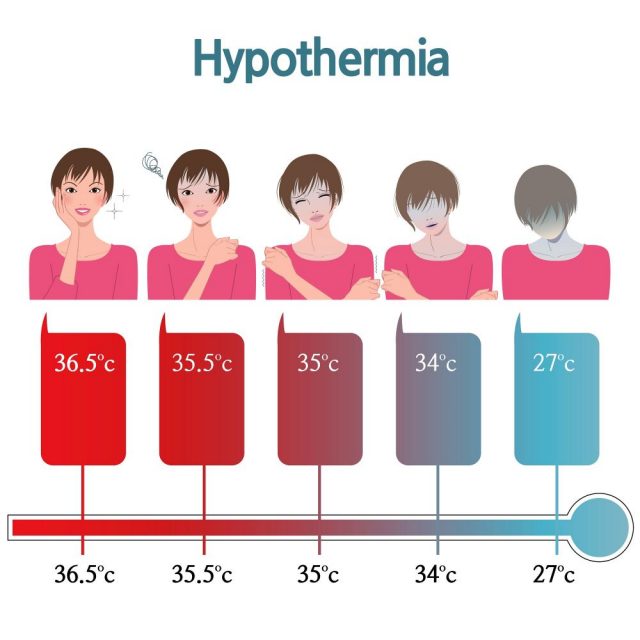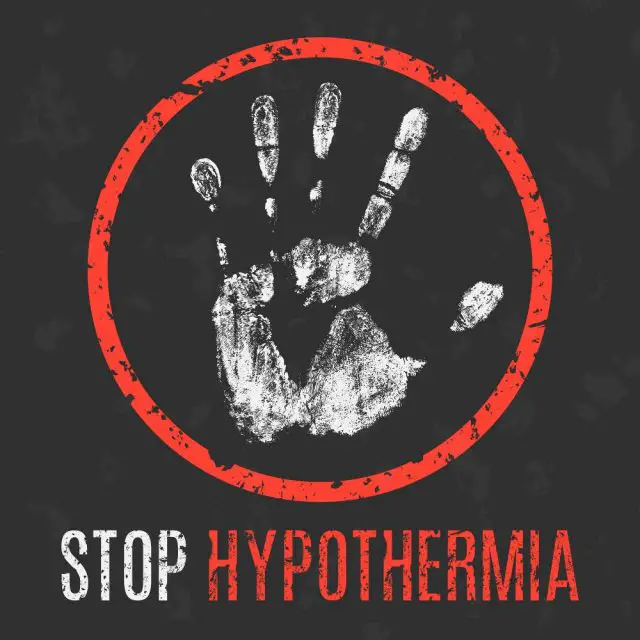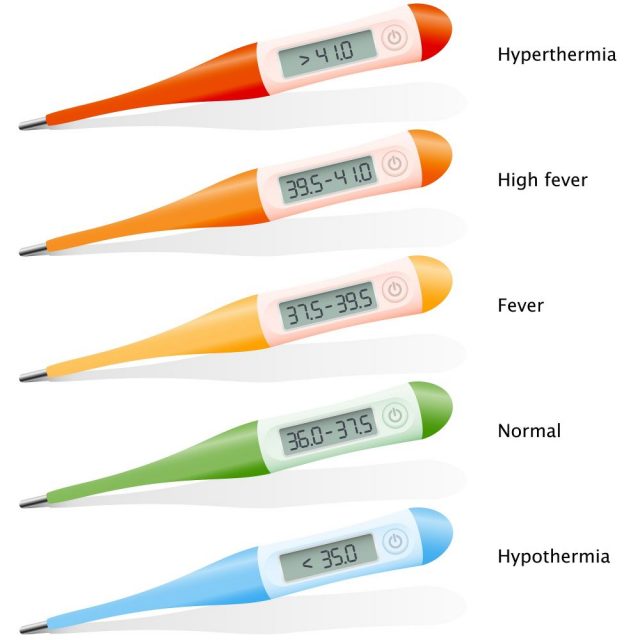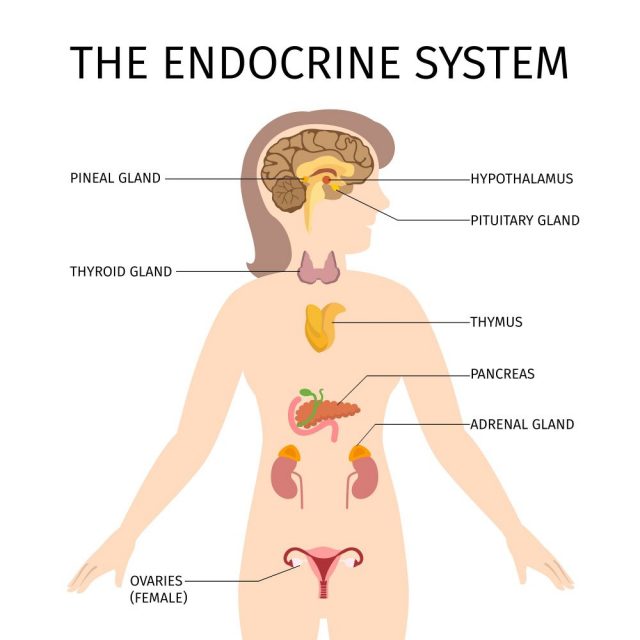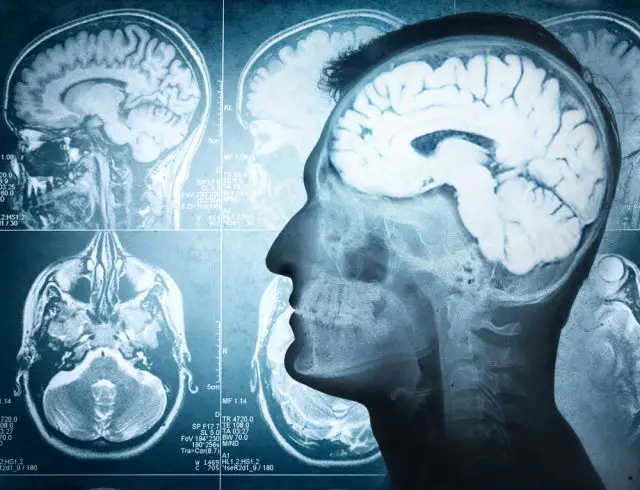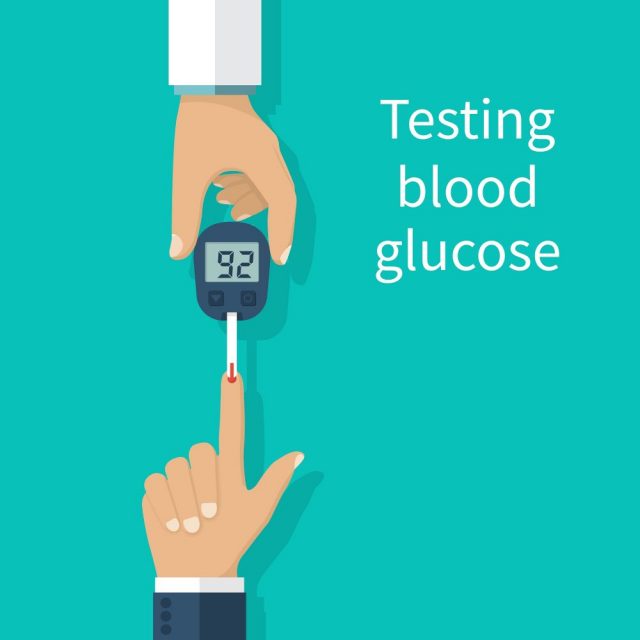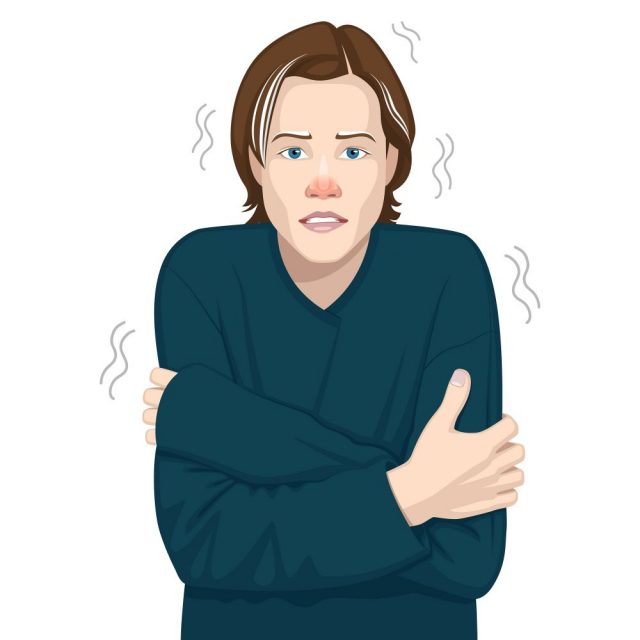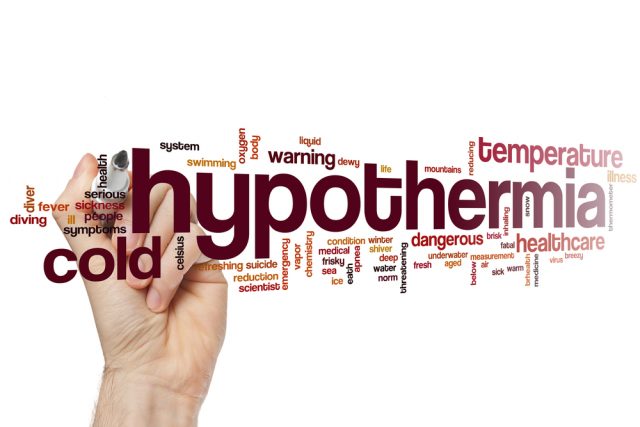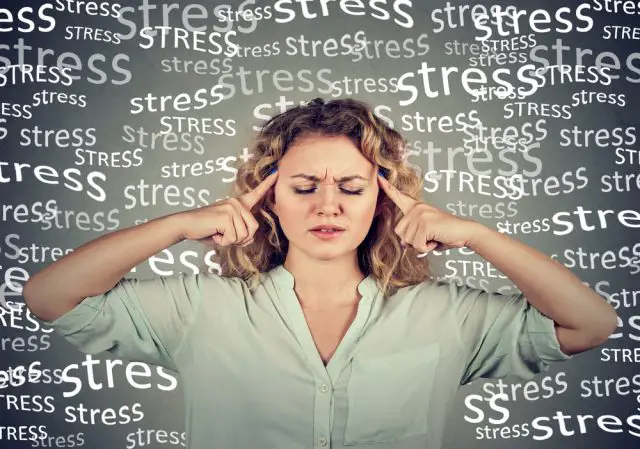Low Body Temperature (Hypothermia): Causes and Treatment
The normal body temperature for the adults on average according to a few studies is 98.6 degrees Farenheit or 37 degrees celcius, while the recent studies say that it is around 98.2 degrees on average. As the temperature differs slightly from person to person, 97 F to 99 F is considered to be normal for adults whereas for children, 97.9 F to 100.4 F is thought to be normal as the infants and children have a slightly raised temperature as compared to the adults.
The body temperature infact, does not stay the same through out the day and you can notice slight changes in it on the basis of different factors. Generally, the following things can bring slight changes to your body temperature :
- Your age
- Your gender
- The time of the day (morning, day or night)
- Your activity throughout the day – How physically active you are and what kind of activities do you perform.
- The food that you have consumed
- In case if you are a woman, when are having your menstrual cycle.
However, it does not necessarily means that having a change in your body temperature is normal. Infact, most of the times, the changes in your normal body temperature indicate a serious health concern and can lead to harmful results. While a higher than normal body temperature is called fever and is a symptom of some kind of problem in your body, its important to know that lower than normal body temperature also indicates some health problems and can be very harmful.
Hypothermia
Lower than normal body temperature is also called hypothermia. This is a condition in which the body tends to lose heat faster than it can produce it. Our hypothalamus controls the body temperature . Whenever the body temperature changes, it brings it back to normal. But in certain cases, when the temperature keeps on falling and the body is unable to bring it back, a lot of our organs are affected in a poor way. Exposure to cold temperature affects our heart and brain the most as the response of these organs slows down. If the temperature is not maintained, the response of the organs starts getting slower and they eventually begin to fail. If it gets more severe, it can also result in death.
Body temperature below 95 F is generally considered as hypothermia. The severity of this issue can vary according to the person’s age, sex and physical health status but the lower it gets, the more dangerous to health it is. Mild hypothermia ranges from 89 F to 95 F, moderate hypothermia 82 F to 95 F and if it gets lower than 82 F, it gets extremely dangerous.
Common causes behind Hypothermia
Hypothermia can occur indoors as well as outdoors and it often reflects serious health conditions. The most common causes are endocrine causes and neurological causes.
Endocrine Causes:
Hormonal imbalance affects your whole body and any disturbance in your hormones can be a major reason behind hypothermia. Different hormones in different parts of the body are responsible for specific functions, for example, the pituitary gland in the brain, the thyroid gland in the neck and the adrenal glands in the kidney release hormones that ensure the proper functioning of these organs. If the production of these hormones is disturbed, the whole organ is affected and that can affect the whole body. Lower than normal body temperature is often caused by hormonal imbalance so it is important to get medical help immediately.
Neurological Causes:
The brain is responsible for all the functions in our body. Our body temperature is also controlled by our brain. There are cases when the brain fails to maintain the normal body temperature , usually when there are some problems in the hypothallamus and it becomes unable to maintain a balance between the total heat produced by the body and the total heat lost by it. A lot of neurological conditions result in hypothermia. Some of the most common ones are Parkinson’s disease, multiple sclerosis, stroke and ruptured brain anureysm.
Besides these, there are a lot of other health and environmental factors too, that can be a reason behind hypothermia. They are:
- Diabetes
- Drug abuse
- Alcohol abuse
- Addison’s disease
- Asthma or fast breathing
- Sepsis
- Hypothyroidism
- Bacterial infection
- Insomnia
- Stress
- Cancer
- Certain medications (especially antidepressants, sedatives and antipsychotics)
- Declining kidney function
- Exposure to cold
- Malnutrition
- Anorexia
- Anesthesia
- Dehydration
- Mental illness
Symptoms of Hypothermia
Some of the major symptoms of hypothermia include:
- Slow hearbeat
- Dilation of the pupils
- Feeling drowsy
- Slurred speech
- Confusion
- Shallow breathing
- Compromised coordination
- Tiredness
- Weak pulse rate
- Purple toes and fingers
- Bright red skin
- Cold skin
- Weakness
Treatment for Hypothermia
Hypothermia should never be ignored, even at mild stages because it can result in severe conditions and can be fatal. The treatments for hypothermia vary from condition to condition. In the intial stages, it is important to provide first-aid treatment to the patient to prevent the worsening of the condition. Here are the things that will help you treat the patient before reaching the hospital.
- Make sure that the person having hypothermia is not wearing clothes that are wet.
- Try keeping the patient indoors and maintaing a warm temperature .
- Make sure that the patient is wearing warm, insulated clothes. Cover him/her with blankets.
- Try providing skin to skin contact to generate heat. Cover yourself in the same blanket if there is any possibility of doing so.
- If the patient is not unconcious, provide warm food or drinks. But make sure not to give anything containing caffeine.
- If it gets worse, start doing CPR.
However, for this first-aid treatment, a few precautionary measures should be taken too. Make sure not to provide direct heat to the patient through any means, hot water, heating lamps etc. as they can not only cause skin damage at this stage, but also irregulate the heartbeats that can further result in a cardiac arrest. You should also avoid massaging and rubbing the patient.
Prevention
Pevention from hypothermia is better than getting the treatments for it. Following are the methods through which you can prevent hypothermia.
- Cover yourself properly, especially your head, neck and face to ensure that no heat is lost from these areas. Cover your hands too, and prefer mittens over gloves as they ensure to trap the maximum heat inside.
- Do not perform activities that require too much exertion. There are two reasons behind it; they make you sweat too much and that makes you lose heat and the sweat causes your clothes to be wet. Wearing wet clothes in cold temperature s can be a reason behind hypothermia.
- Wear layered clothing in cold temperature s to keep your body insulated and to protect it from cold.
- Don’t wear wet clothes at all. Change them as soon as it is possible for you, as wet clothing also causes hypothermia.
- Reduce the alcohol consumption and switch to healthy drinks instead.
- Eat clean and healthy and drink plenty of water to stay fit and hydrated.
- Do not spend a lot of time in cold. Try staying in warm environment when the temperature is low.
Lower than normal body temperature is a very serious condition that needs immediate treatment. The main problem with this condition is that it often goes undetected and the patient himself does not know about the problems in his body. Usually, the infections are detected in hyperthermia as the body temperature increases and fever is caused, but in this case, there is no fever so the person usually does not know about the infection. This often worsens the condition as even the ill individual thinks that he is healthy and the problem goes unchecked until it gets severe and does a lot of damage.
It is very important to keep a track of your body temperature and make sure whether it is normal or not as even the very slight changes can be indicating some kind of disturbances in your body system. It is also very important to know about the population that is at risk, so they can be monitored regularly and the problem can be detected at an early stage. Usually, the following people have a higher risk of developing a lower than normal body temperature :
- Old individuals – These people are prone to develop hypothermia as their bodies’ ability to balance the temperature is compromised.
- People with mental illness – They usually do not know how to dress appropriately according to the weather. They are also prescribed antidepressants or sedatives that are a cause behind hypothermia.
- People dealing with stress-
 People can be at risk of hypothermia at any age if they are going through any kind of emotional stress in their lives. Not only stress is the cause behind hypothermia, but the medicines too that they use for it.
People can be at risk of hypothermia at any age if they are going through any kind of emotional stress in their lives. Not only stress is the cause behind hypothermia, but the medicines too that they use for it.

